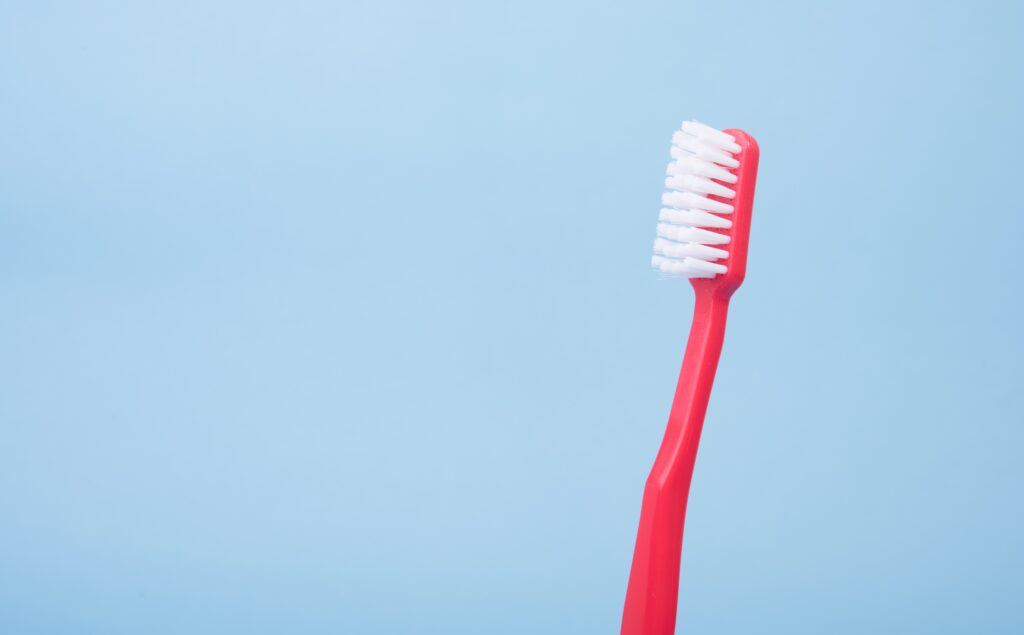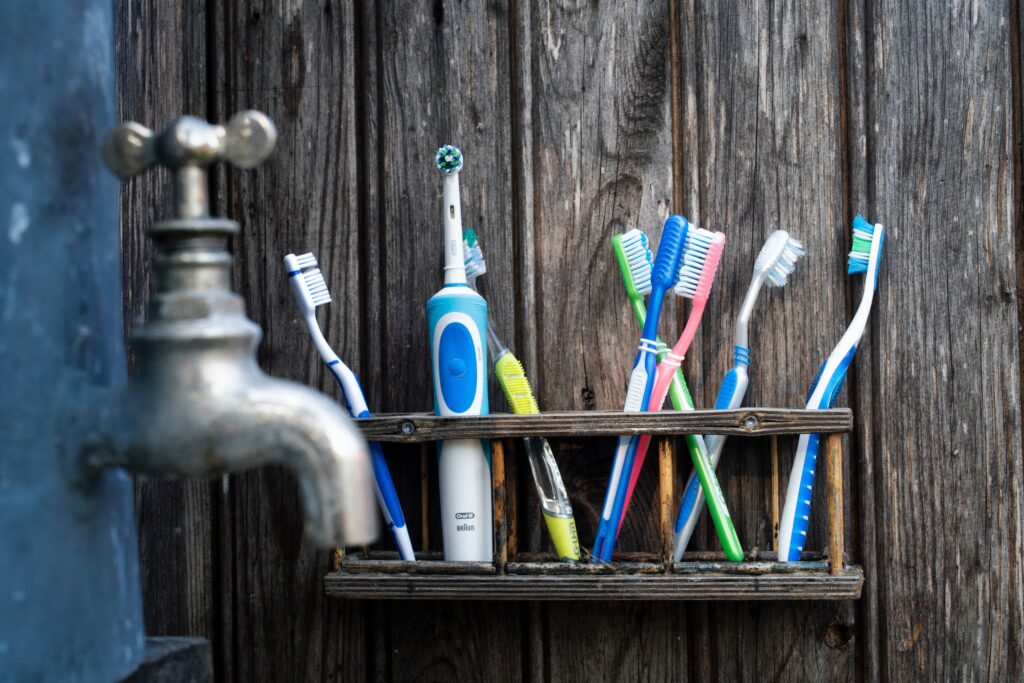If your autistic child won’t brush their teeth then you are not alone, this is a common issue for parents in our position.
I this article we explain what may be behind the issue and what you can do about it.
Autism and teeth
Leading with something obvious, it is always worth remembering how important good oral hygiene really is.
However, for parents of autistic children, it can be a challenging task to ensure regular brushing of teeth.
Here are some possible reasons why this is a struggle for you and your family.

Sensory factors
Autism Spectrum Disorder affects children differently, but one common factor is the sensory sensitivities involved.
Many autistic children have heightened sensitivity to different textures, tastes, and sensations.
Toothbrushing involves introducing foreign objects (toothbrush and toothpaste) into the mouth, which can be overwhelming.
The bristles of the toothbrush, the taste and texture of toothpaste, and the foaming sensation can trigger discomfort.
This can lead to distress for the child, leading to resistance and avoidance of brushing.
The sensory sensitivities could even expand to being overwhelmed by stimuli in their environment.
The bathroom, with its bright lights, running water sounds, echoes, and strong smells, can be a challenging place for a child with autism.
The combination of sensory triggers during brushing, along with the already overwhelming bathroom environment, can make it difficult for the child to focus and cooperate.
Communication issues
Communication challenges are another common aspect of autism.
Many autistic children struggle to express their feelings, discomfort, or pain verbally.
This can make it harder for parents and caregivers to understand their specific issues with toothbrushing.
Struggles with communication also make it difficult to explain the importance of teeth brushing.
So if you put yourself in your child’s shoes and you not only hate the process but don’t understand the benefits, naturally you would be resistant.
Routine disruption
Autistic children often thrive on routine and predictability.
Any disruption to their established routines, such as introducing a new activity like toothbrushing, can be met with resistance.
The unfamiliarity of the task, especially if it involves deviations from their preferred order of activities, can lead to resistance and anxiety.

What can parents do?
The above issues can be extremely challenging for parents in our position. With particularly the sensory issues being something you cannot rule out.
With that said, here are some tactics to consider;
Gradual desensitisation
Introduce toothbrushing gradually, starting with sensory integration techniques.
Begin by allowing the child to explore and handle the toothbrush without using it to brush their teeth.
Gradually progress to touching the toothbrush to their lips, then their teeth, and finally to brushing in small, manageable steps.
This approach helps desensitise the child to the sensations associated with toothbrushing.
Adapt the tools
Consider using alternative toothbrushes designed for individuals with sensory sensitivities.
These brushes have softer bristles or vibrating features that can be more tolerable for the child.
Similarly, explore different flavors or types of toothpaste to find one that the child finds more acceptable and pleasant.
Get the message across
Explore different methods for teaching your child the importance of tooth brushing.
Cartoons, drawings, TV shows, or step-by-step picture guides, can provide a clear understanding of the toothbrushing routine.
Visual supports allow the child to anticipate each step, reducing anxiety and promoting cooperation.
Pick a routine and stick to it
It is well known that autistic children thrive on routines, teeth brushing is no exception.
You will be well served to establish a routine in terms of the process. Perhaps always brush their teeth after a specific activity such as breakfast.
Also you could allow your child to hold the toothbrush for a set period in advance to the brushing.
Make it fun
Make toothbrushing a fun and engaging activity by incorporating elements of play.
Use toothbrushes with character themes or music-playing features.
Experiment with different brushing techniques, such as circular motions or gentle massages, to make it a more enjoyable experience for your child.
Role model
Demonstrate proper toothbrushing techniques by brushing your own teeth alongside your child.
Children with autism often learn through observation and imitation.
Seeing a familiar and trusted person engage in the activity can make them more willing to participate.
Summary – Autistic child won’t brush their teeth
Understanding the challenges faced by autistic children when it comes to toothbrushing is crucial for parents.
By recognising the sensory sensitivities and communication difficulties it is possible to gradually overcome these obstacles.
Patience, persistence, and a child-centered approach are key in helping autistic children develop healthy teeth brushing habits.
Rome wasn’t built in a day but with time you can greatly improve your child’s oral hygiene.

